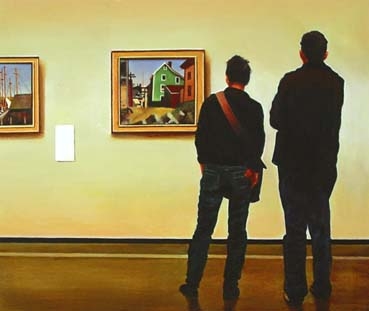
A few days ago, my Facebook feed lit up with various threads all linking to the latest academic critique of the academy. The discussions that afternoon amounted mostly to well-intentioned and kindly commiseration based on the various levels of dissatisfaction among my scholarly nears and dears. Now, the fact that we were all chatting on our computers through Facebook in the middle of a weekday (myself sipping hot tea in the process) is not unimportant. But I’ll come back to that after telling you about the piece. Continue reading “Trainwreck-spotting: How We Insist on Not Working on the Railroad and Instead Tie Ourselves to the Tracks”


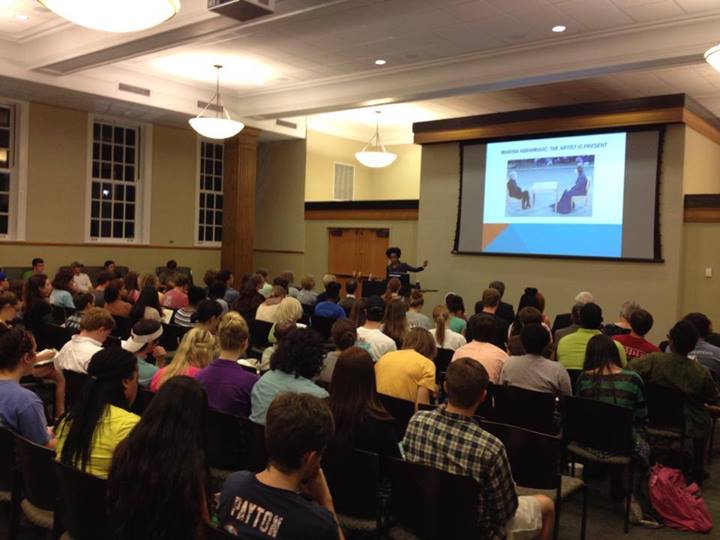
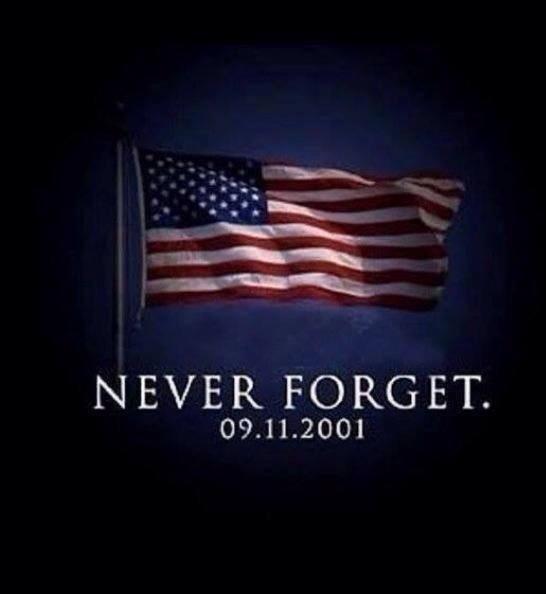 Okay, I’ll go for a 9/11 post…but I’ll make it quick. I’m seeing a lot of images on Facebook like the one above, posted by friends of various political persuasions. All these friends can appeal to what they have in common, after all–a unifying sense of patriotism and national identity.
Okay, I’ll go for a 9/11 post…but I’ll make it quick. I’m seeing a lot of images on Facebook like the one above, posted by friends of various political persuasions. All these friends can appeal to what they have in common, after all–a unifying sense of patriotism and national identity. 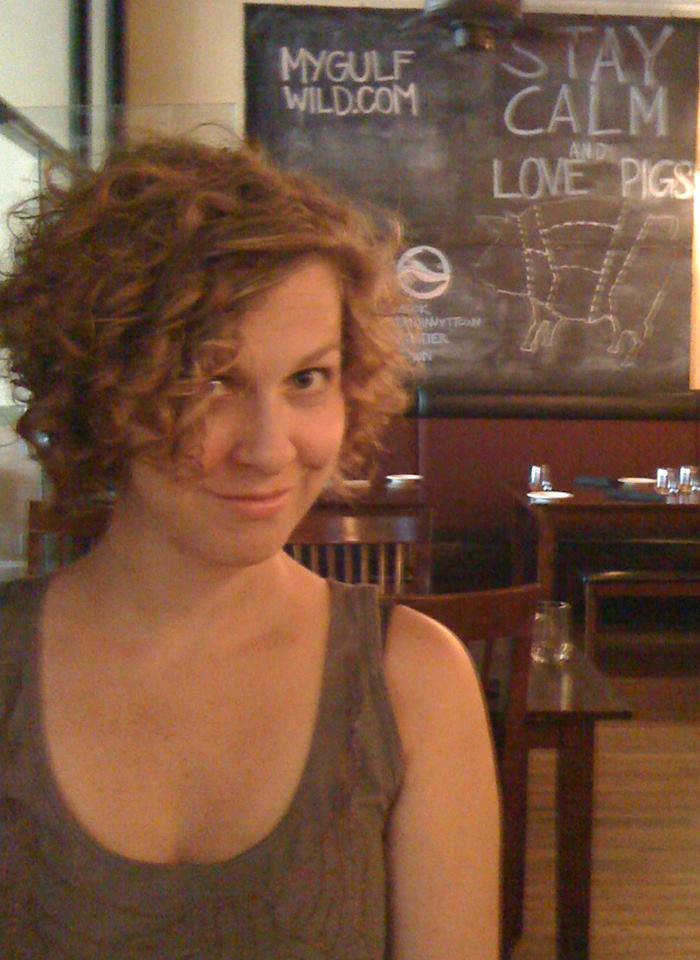 Q: Tell us a little bit about your doctoral studies, since they were not carried out in the academic study of religion, yet that’s the field in which you now work as a professor. How was your training in the Department of English relevant to the work you now do and the classes you now teach?
Q: Tell us a little bit about your doctoral studies, since they were not carried out in the academic study of religion, yet that’s the field in which you now work as a professor. How was your training in the Department of English relevant to the work you now do and the classes you now teach?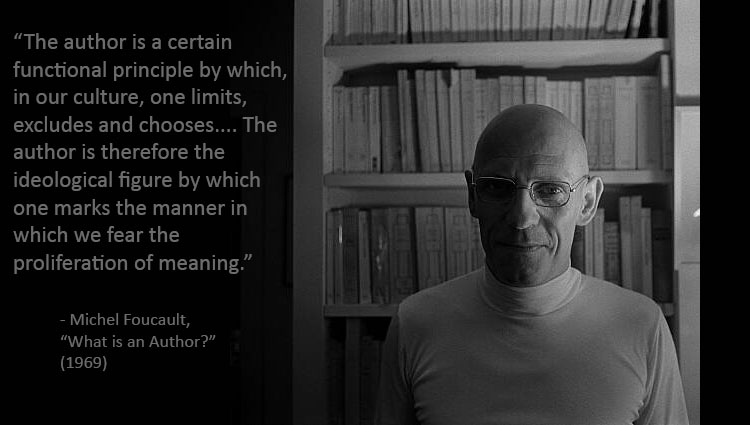 Read
Read  Looks like Prince William’s been listening to
Looks like Prince William’s been listening to 